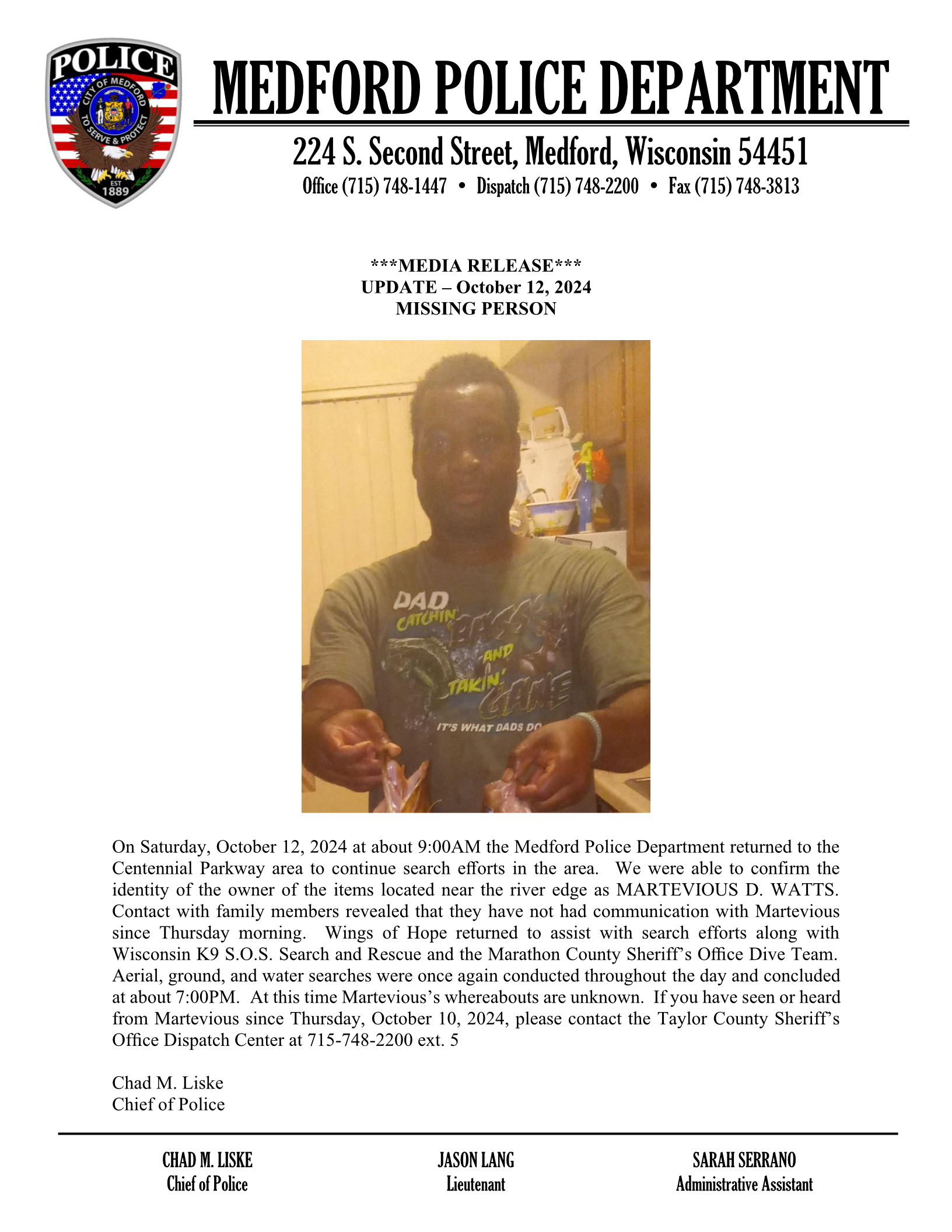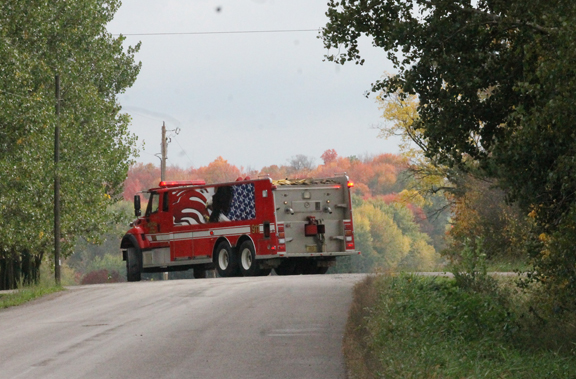Take time, wash your hands, each and every day
Shaking hands. Lending a hand. Holding hands. Hands are just right for all kinds of wholesome activities. Unfortunately, they’re also very good at spreading germs.
That’s why proper handwashing is so important, especially with diseases like COVID-19 around. As part of Global Handwashing Day Oct. 15, preventing infections is something easy everyone can do.
In addition to other preventive measures – like avoiding contact with people who are sick, disinfecting surfaces and not touching your face – the CDC recommends people wash their hands often to help stop the spread of infectious diseases such as COVID-19.
Washing hands the right way involves more than a small dab of soap and a quick rinse under the faucet. The proper way to effectively wash hands includes the following:
• Get hands wet and soapy. Use clean, running water – either cold or warm.
• Rub hands together and scrub every surface. Don’t forget the backs of hands, between fingers and under nails.
• Continue rubbing for at least 20 seconds, then rinse with running water.
• Dry off with a clean towel or if none is available, just let hands air-dry.
Practice proper handwashing often. It’s particularly important to wash before and after handling food, and before and after caring for someone who is sick, or injured.
Also, wash up after blowing nose, coughing or sneezing; using the toilet or changing a diaper; handling an animal, pet food or animal waste; or touching garbage.
If there’s no soap or water, it’s OK to use an alcohol-based hand sanitizer. Be sure it contains at least 60 percent alcohol.
Sanitizers have limitations, though. They won’t kill all the germs and they may not be as effective when hands are visibly dirty. So, when there is the option, choose soap and water.
The most super-effective way to avoid being infected by germs, is to wash hands. It’s simple, quick and cheap.



